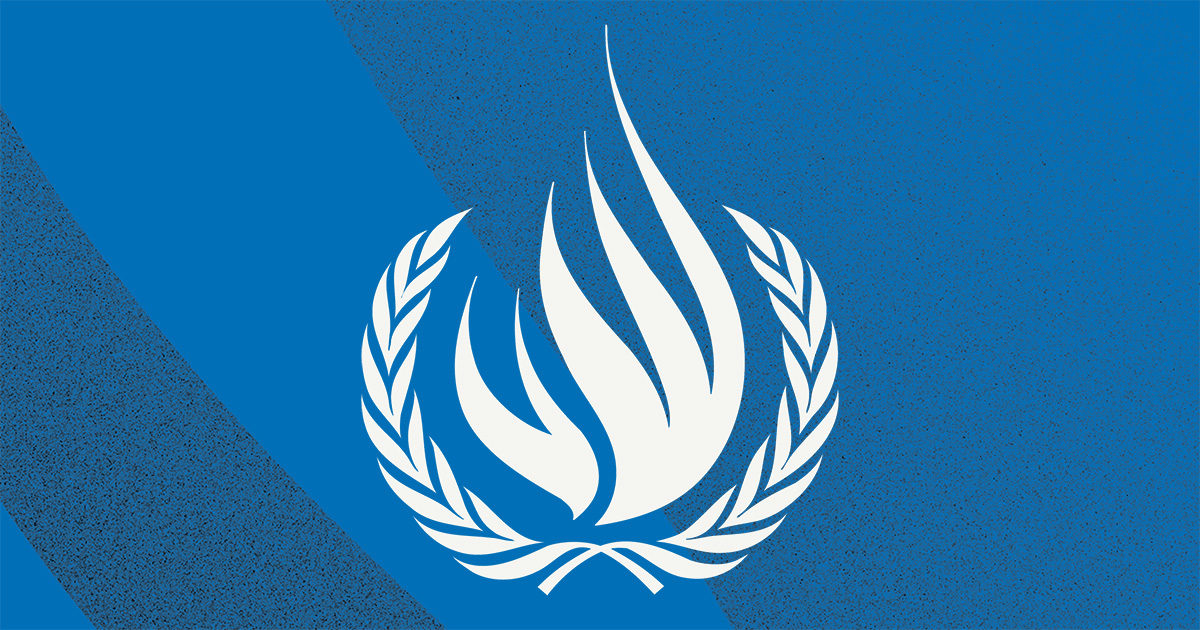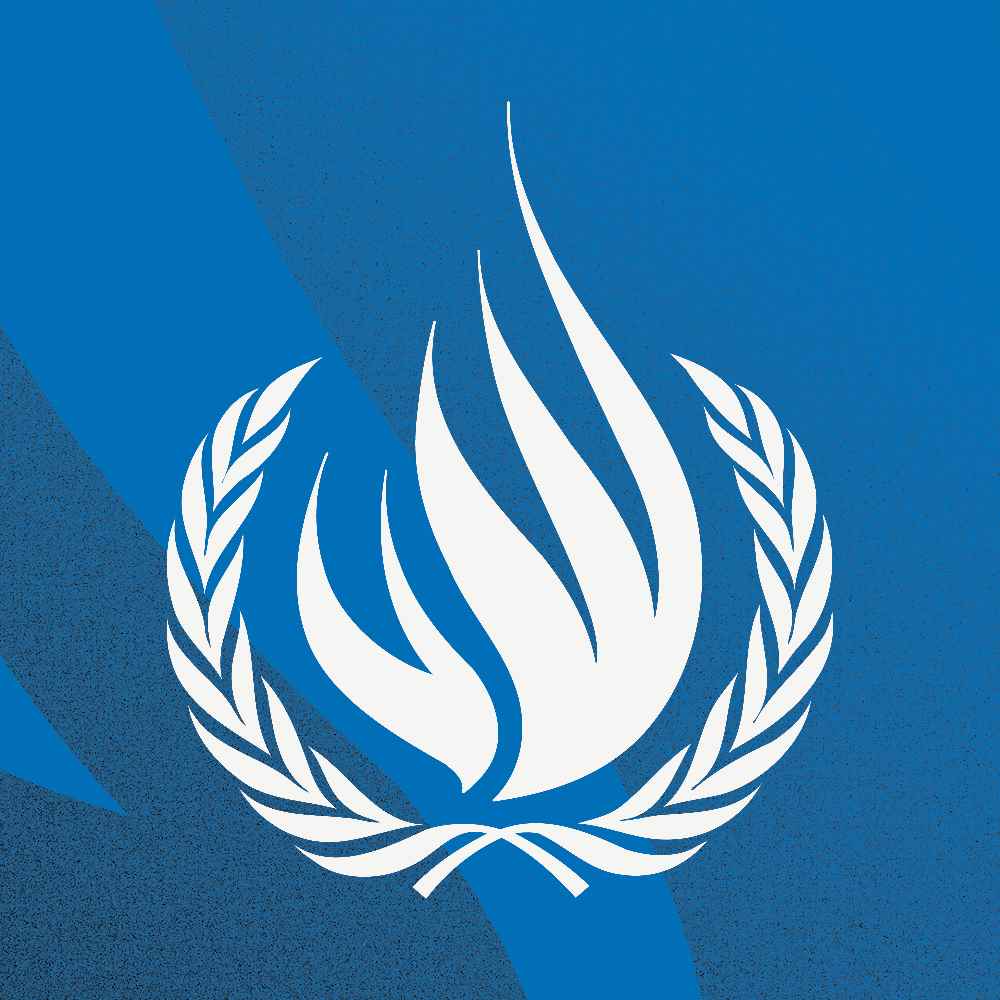
GENEVA (26 January 2024) – The UN Working Group on Enforced or Involuntary Disappearances will hold its 132nd session in Geneva from 29 January to 2 February 2024 to examine 2,190 cases from 36 countries. It will also review cases tantamount to enforced disappearances perpetrated by four non-state actors.
The five independent experts will hold meetings with relatives of forcibly disappeared persons, State representatives, civil society groups and other stakeholders to exchange information on individual cases and on structural issues and challenges related to enforced disappearances.
They will examine allegations received regarding obstacles encountered in the implementation of the Declaration on the Protection of All Persons from Enforced Disappearance, such as regressive legislation and practices, or failures in addressing cases of enforced disappearance, notably in the context of migrants, refugees and asylum-seekers.
The Working Group will discuss country visits and thematic reports to be presented to the Human Rights Council in September 2024, including follow-up reports on visits to Kyrgyzstan and Tajikistan in 2019, the visit to the judicial and human rights organs of the African Union and other regional bodies from 21 to 26 October 2023, and the report on enforced disappearances in the context of elections, which is currently open for contributions.
The Working Group will also discuss internal matters, future thematic activities and technical cooperation projects, including a thematic study on ‘Enforced Disappearances in the context of the defence of land, territory and natural resources’, a joint statement with the Committee on Enforced Disappearances on so-called ‘short-term enforced disappearances’, an ongoing project on new technologies and research to be undertaken on the use of universal criminal jurisdiction in cases of enforced disappearance.
The decisions made by the Working Group during the 132ndsession will be reflected in its next post-sessional report.
The sessions of the Working Group are held in private.
The Working Group on Enforced or Involuntary Disappearances is comprised of five independent experts from all regions of the world. The Chair-Rapporteur is Ms. Aua Baldé (Guinea-Bissau)and the Vice-Chair is Ms. Gabriella Citroni (Italy); other members are Ms. Grażyna Baranowska (Poland);Ms. Ana Lorena Delgadillo Pérez (Mexico); and Ms. Angkhana Neelapaijit(Thailand).
The Working Group was established by the then UN Commission on Human Rights in 1980 to assist families in determining the fate and whereabouts of disappeared relatives. It endeavours to establish a channel of communication between the families and the Governments concerned, to ensure that individual cases are investigated, with the objective of clarifying the whereabouts of persons who, having disappeared, are placed outside the protection of the law. It also provides assistance in the implementation by States of the UN Declaration on the Protection of All Persons from Enforced Disappearance.
The Working Groups are part of what is known as the Special Procedures of the Human Rights Council. Special Procedures, the largest body of independent experts in the UN Human Rights system, is the general name of the Council’s independent fact-finding and monitoring mechanisms. Special Procedures mandate-holders are independent human rights experts appointed by the Human Rights Council to address either specific country situations or thematic issues in all parts of the world. They are not UN staff and are independent from any government or organization. They serve in their individual capacity and do not receive a salary for their work.
Learn how to submit a case to the Working Group.
Learn more about the work of the Working Group.
For more information and media requests, please contact Ms. Koat Aleer: koat.aleer@un.org or hrc-wg-eid@un.org
For media enquiries regarding other UN independent experts, please contact Maya Derouaz (maya.derouaz@un.org) or Dharisha Indraguptha (dharisha.indraguptha@un.org).
Follow news related to the UN’s independent human rights experts on Twitter @UN_SPExperts.








